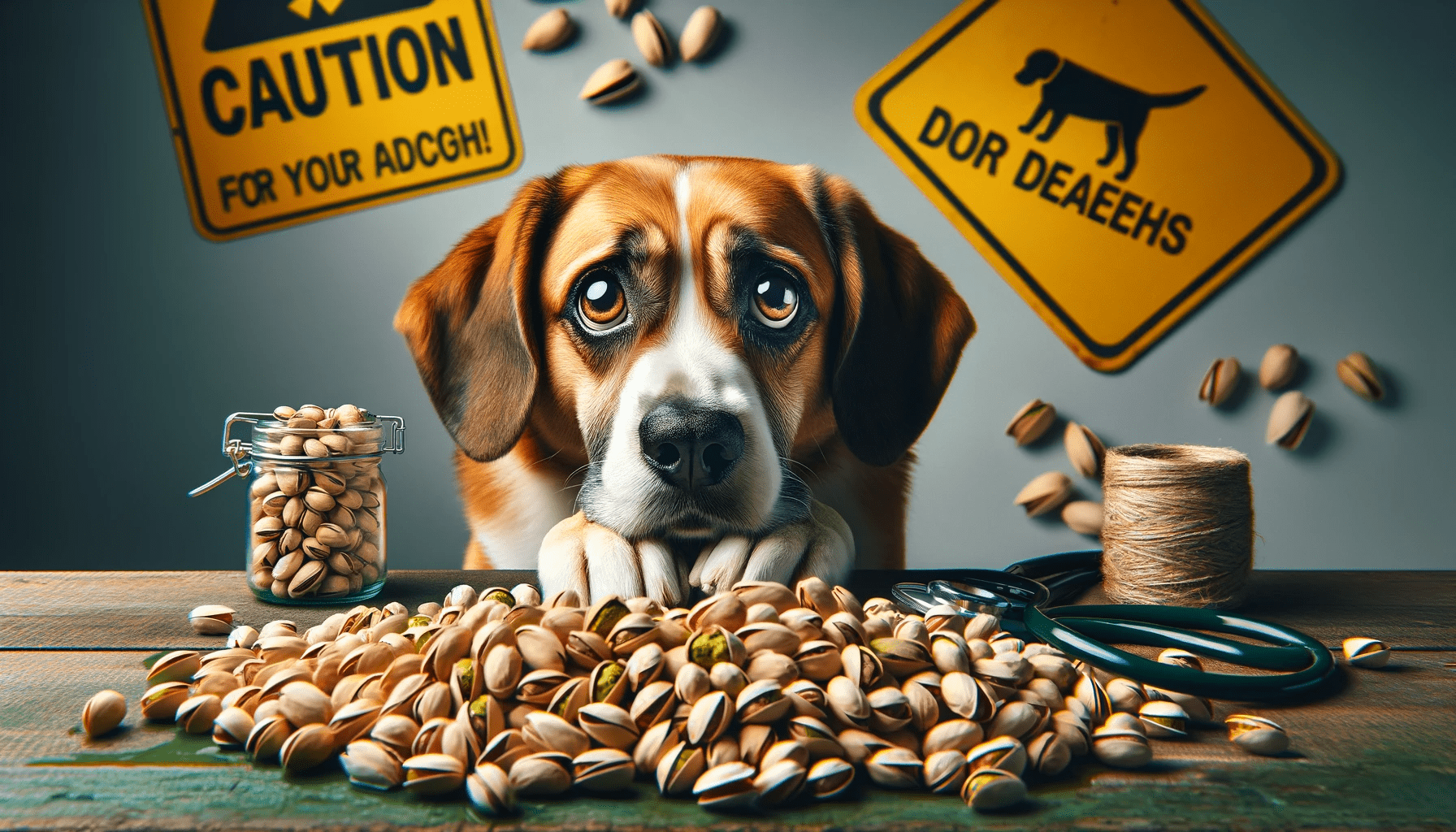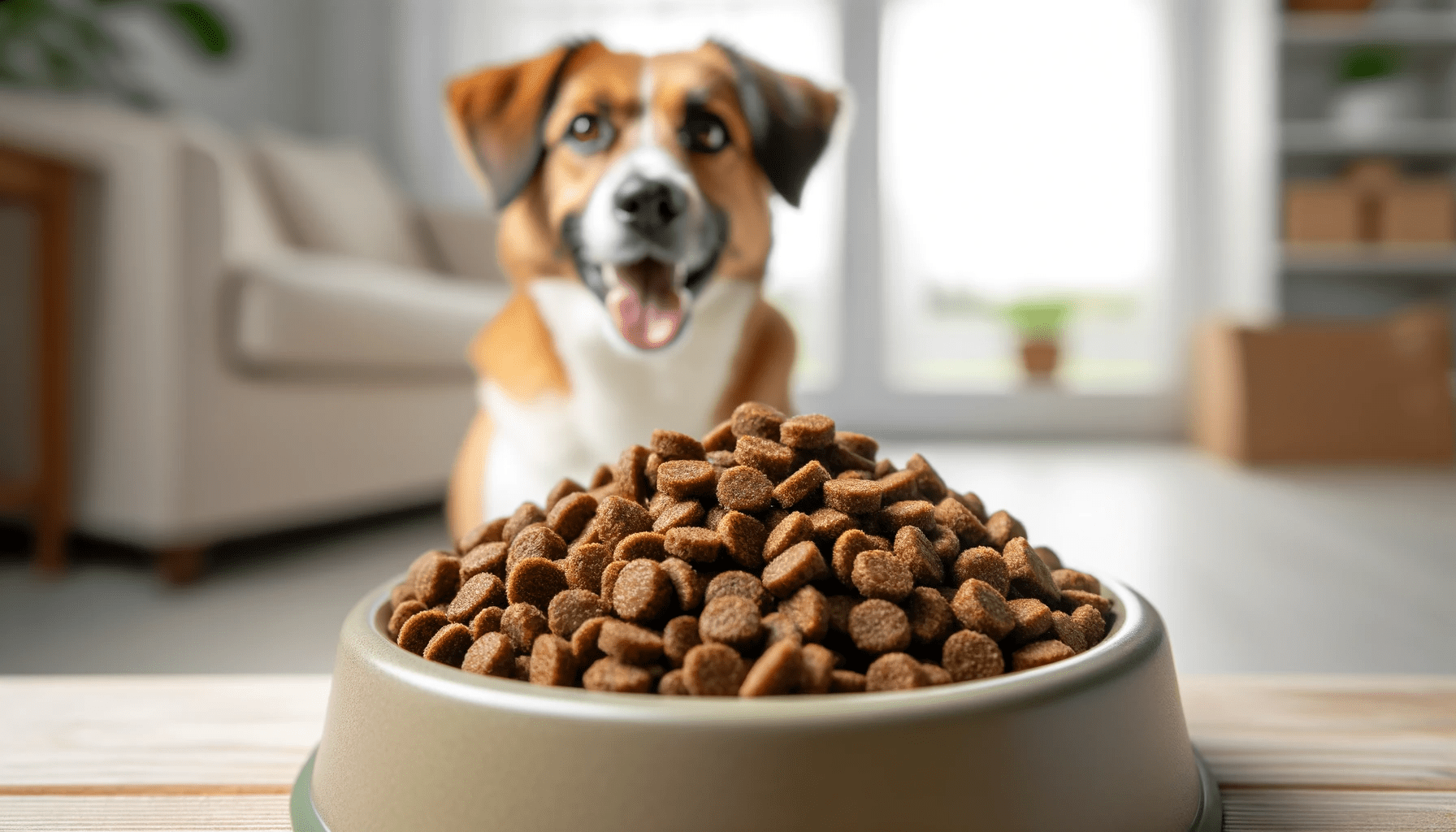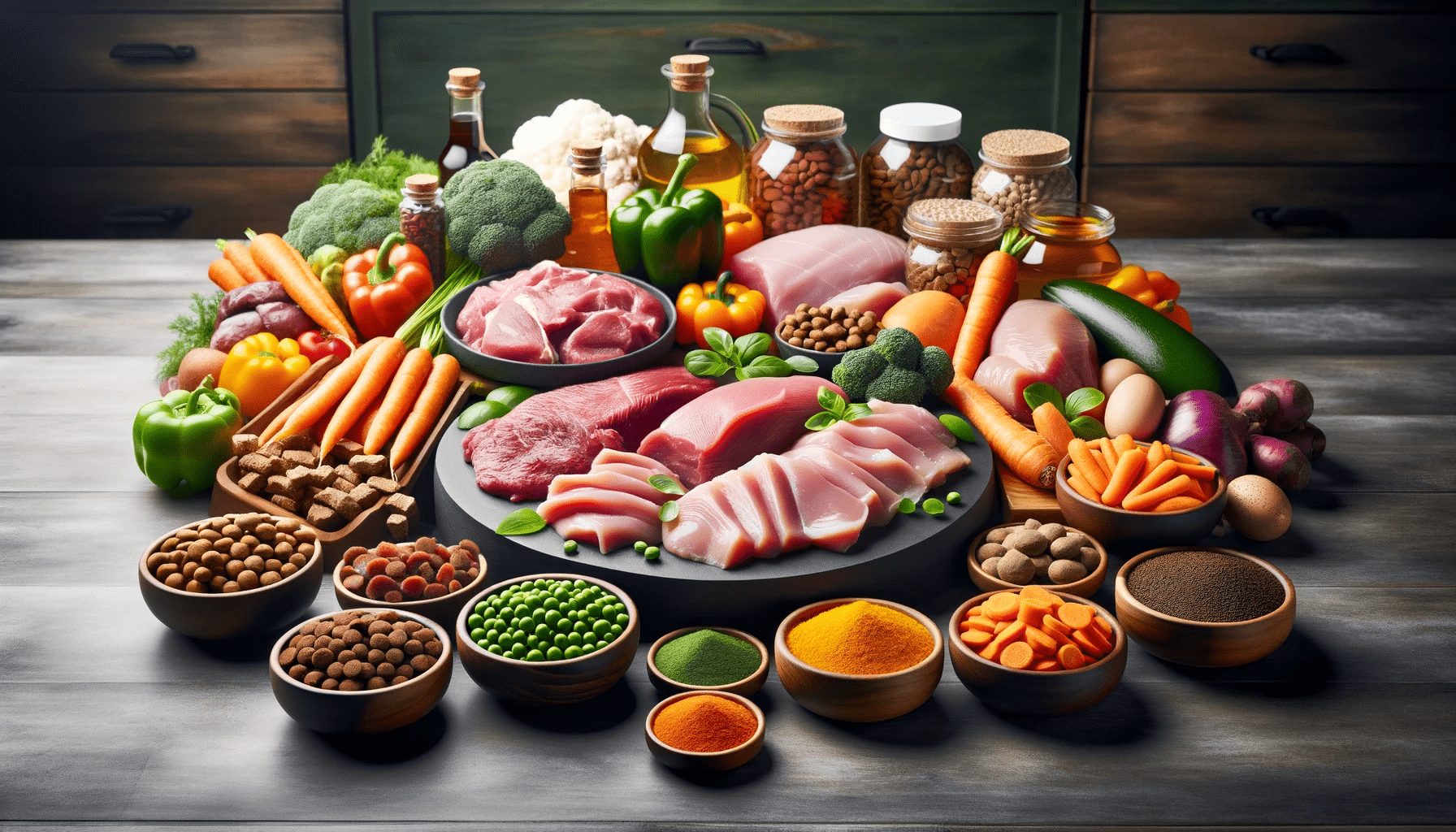Are you looking to revolutionize your dog's nutrition? Look no further! In this article, we will provide you with six natural tips that will transform your dog's diet.
Switch to a raw food diet, incorporate fresh fruits and vegetables, explore homemade meal options, introduce natural supplements, opt for high-quality protein sources, and avoid artificial additives and preservatives.
These evidence-based tips will ensure that your furry friend receives the best nutrition possible for a healthier and happier life.
Key Takeaways
- Switching to a natural diet provides essential nutrients, promotes healthy digestion, and helps maintain a healthy weight.
- Incorporating fresh fruits and vegetables improves digestion, provides essential vitamins and minerals, and helps with hydration and weight management.
- Proper portion sizes, measured accurately, prevent overfeeding and obesity and should be adjusted based on activity level and weight.
- Homemade meals offer complete control over ingredients and nutrient balance, avoid harmful fillers and additives, and can be customized for allergies and specific needs.
Switch to a Raw Food Diet
To improve your dog's nutrition, switch to a raw food diet today. Raw food diets have numerous benefits for dogs.
Firstly, they provide a natural and biologically appropriate diet that closely resembles what dogs would eat in the wild. This means that your dog will be consuming food that's rich in essential nutrients, enzymes, and amino acids.
Raw food also promotes healthy digestion, as it contains live enzymes that aid in breaking down food and improving nutrient absorption. Additionally, a raw food diet can help maintain a healthy weight for your dog, as it's low in carbohydrates and high in protein.
When transitioning your dog to a raw food diet, it's important to do so gradually. Start by introducing small amounts of raw food alongside their current diet, gradually increasing the proportion of raw food over time. This allows their digestive system to adjust to the new diet without causing any discomfort.
It's also crucial to ensure that the raw food is of high quality and sourced from reputable suppliers. This ensures that your dog is getting the necessary nutrients without any harmful bacteria.
Incorporate Fresh Fruits and Vegetables
To revolutionize your dog's nutrition, incorporating fresh fruits and vegetables is a must. Not only do they provide numerous health benefits, but they also add variety to your dog's diet.
Benefits of Fresh Produce
Incorporating fresh fruits and vegetables into your dog's diet can revolutionize their nutrition. Here are four benefits of feeding your dog fresh produce:
- Nutritional value of organic produce: Fresh fruits and vegetables are packed with essential vitamins, minerals, and antioxidants that can boost your dog's overall health. Organic produce is particularly beneficial as it's grown without harmful pesticides and contains higher levels of nutrients.
- Farm to table benefits for dogs: By feeding your dog fresh produce, you're providing them with food that's sourced locally and directly from the farm. This means that the fruits and vegetables are picked at their peak ripeness, ensuring optimal nutrient content. Additionally, buying local produce supports sustainable farming practices.
- Improved digestion: Fresh fruits and vegetables are high in fiber, which can aid in digestion and prevent constipation. They also contain enzymes that help break down food and promote nutrient absorption.
- Hydration and weight management: Many fruits and vegetables have a high water content, which can help keep your dog hydrated. Additionally, incorporating fresh produce into their diet can help them maintain a healthy weight, as they're low in calories and high in nutrients.
Variety in Diet
Include a variety of fresh fruits and vegetables in your dog's diet to enhance their nutrition and overall well-being. The importance of balanced nutrition can't be overstated when it comes to ensuring the health and longevity of your furry friend. Processed dog food often lacks the essential nutrients that are abundant in fresh produce.
By incorporating a variety of fruits and vegetables into your dog's diet, you can provide them with a wide range of vitamins, minerals, and antioxidants that are crucial for their optimal health. Fruits like apples, blueberries, and bananas are packed with vitamins and fiber, while vegetables such as carrots, spinach, and sweet potatoes offer essential nutrients and promote digestion.
Additionally, fresh produce can help prevent obesity, improve digestion, boost the immune system, and reduce the risk of chronic diseases. So, next time you prepare your own meals, remember to set aside some fruits and vegetables for your furry companion.
Proper Portion Sizes
Ensure your dog receives the right portion sizes of fresh fruits and vegetables to optimize their nutrition and overall well-being. Proper portion control is crucial for maintaining your dog's health and preventing obesity.
Here are four important tips to help you measure your dog's food accurately:
- Use a measuring cup: Eyeballing portion sizes can lead to overfeeding or underfeeding. Use a measuring cup to ensure you're providing the right amount of fruits and vegetables.
- Follow the recommended guidelines: Different dog breeds and sizes have specific dietary requirements. Consult with your veterinarian or a canine nutritionist to determine the appropriate portion sizes for your dog.
- Consider your dog's activity level: Active dogs may require larger portions to fuel their energy needs, while less active dogs may require smaller portions to prevent weight gain.
- Monitor your dog's weight: Regularly weigh your dog to ensure they're maintaining a healthy weight. Adjust portion sizes accordingly to support their ideal body condition.
Explore Homemade Meal Options
Your dog's nutrition can be revolutionized by incorporating homemade meals into their diet. Homemade meal recipes offer a range of benefits for your furry friend.
One of the primary advantages is that you have complete control over the ingredients. You can ensure that your dog is getting the right balance of protein, carbohydrates, and fats, as well as essential vitamins and minerals. Commercial dog foods often contain fillers, preservatives, and artificial additives that can be harmful to your pet's health. By preparing homemade meals, you can avoid these unnecessary and potentially harmful ingredients.
Additionally, homemade meals allow you to cater to your dog's specific dietary needs. For example, if your dog has allergies or sensitivities, you can easily customize their meals to exclude any problematic ingredients. You can also adjust portion sizes based on your dog's age, weight, and activity level. This level of customization ensures that your dog is receiving the appropriate nutrients for optimal health.
Preparing homemade meals may require some extra time and effort, but the benefits for your dog's nutrition are well worth it. Plus, it can be a rewarding experience to cook for your beloved pet and see them enjoy the meals you've prepared. Just be sure to consult with your veterinarian to ensure that your homemade recipes meet your dog's specific nutritional requirements.
With a little planning and preparation, you can provide your dog with delicious and nutritious homemade meals that will revolutionize their diet.
Introduce Natural Supplements
Enhance your dog's nutrition by incorporating natural supplements into their diet. Natural remedies can provide additional health benefits and support your dog's overall well-being. Taking a holistic approach to your dog's nutrition is important for their long-term health.
Here are four natural supplements that you can introduce to your dog's diet:
- Omega-3 fatty acids: These essential fatty acids are known for their anti-inflammatory properties and can support your dog's immune system. They can also promote healthy skin and coat, reduce joint inflammation, and support brain function.
- Probiotics: Just like humans, dogs can benefit from a healthy gut. Probiotics help maintain a balanced gut flora, which can improve digestion, boost the immune system, and aid in nutrient absorption.
- Turmeric: This spice contains curcumin, a powerful antioxidant and anti-inflammatory compound. Adding turmeric to your dog's diet can help reduce inflammation, support joint health, and boost their immune system.
- Milk thistle: This herb is known for its liver-protective properties. It can help detoxify the liver and support its function, which is crucial for overall health.
Remember to consult with your veterinarian before introducing any new supplements to your dog's diet. They can provide guidance on appropriate dosages and ensure that the supplements won't interact with any medications your dog may be taking.
Opt for High-Quality Protein Sources
By choosing high-quality protein sources, you can maximize the nutritional value of your dog's diet. Protein is an essential nutrient for dogs as it plays a crucial role in muscle development, immune function, and overall growth.
When it comes to selecting protein sources for your furry friend, there are several high protein alternatives to consider.
One option is to opt for plant-based protein options. While dogs are primarily carnivores, they can benefit from incorporating plant-based proteins into their diet. Plant-based proteins such as lentils, chickpeas, and quinoa are rich in essential amino acids and provide a good balance of nutrients. These alternatives not only offer a high protein content but also bring in additional vitamins, minerals, and fiber.
Another high-quality protein source for dogs is fish. Fish, such as salmon and sardines, are packed with omega-3 fatty acids, which are beneficial for your dog's skin, coat, and joint health. Additionally, fish provides an easily digestible protein source that's rich in essential amino acids.
When choosing high-quality protein sources for your dog, it's important to consider their specific dietary needs. Consulting with a veterinarian can help you determine the best protein options based on your dog's age, breed, and any underlying health conditions.
Avoid Artificial Additives and Preservatives
When it comes to your dog's nutrition, opting for food choices that are free from artificial additives and preservatives can have a significant impact on their overall health and well-being.
Artificial additives and preservatives are often used to enhance the taste, texture, and shelf life of dog food, but they can also have negative effects on your furry friend's health.
Healthier Food Choices
Make healthier food choices for your dog by avoiding artificial additives and preservatives. Opting for natural and organic pet food can greatly benefit your furry friend's overall health and well-being.
Here are four reasons why you should consider plant-based alternatives and organic pet food:
- Improved Digestion: Plant-based alternatives are often easier for dogs to digest, reducing the risk of digestive issues such as bloating or gas.
- Allergy Relief: Many commercial pet foods contain artificial additives and preservatives that can trigger allergies in dogs. By choosing organic pet food, you can help alleviate common food allergies and sensitivities.
- Enhanced Nutritional Value: Organic pet food is often made from high-quality ingredients, providing essential nutrients that promote better skin and coat health, stronger immunity, and a healthier weight.
- Long-Term Health Benefits: By feeding your dog natural and organic food, you can reduce the risk of long-term health issues such as obesity, diabetes, and certain types of cancer.
Benefits of Natural Nutrition
To ensure your dog's nutrition is optimized and their health is supported, it's essential to prioritize natural nutrition that avoids artificial additives and preservatives.
Natural nutrition for dogs involves providing them with real, whole foods that are free from chemicals and artificial ingredients. By choosing natural options, you're providing your dog with a diet that closely mimics what their ancestors would have eaten in the wild. This can result in numerous benefits for their overall health and well-being.
One important aspect of natural nutrition is the role of antioxidants. These compounds are found in many natural foods such as fruits and vegetables and help to combat the damaging effects of free radicals in the body. By incorporating natural sources of antioxidants into your dog's diet, you can help support their immune system and reduce the risk of chronic diseases.
Frequently Asked Questions
How Do I Transition My Dog to a Raw Food Diet?
To transition your dog to a raw food diet, start by gradually introducing raw food alongside their current diet. Monitor their progress and adjust portions as needed. A raw food diet can improve digestion, boost energy, and enhance overall health.
Can I Give My Dog Any Fruits and Vegetables, or Are There Certain Ones to Avoid?
Avoid feeding your dog harmful fruits and vegetables. Some fruits and vegetables that are toxic to dogs include grapes, raisins, onions, garlic, and avocados. Stick to safe options like apples, carrots, and blueberries.
What Are Some Easy Homemade Meal Options for My Dog?
You can easily provide your dog with a homemade meal that is both nutritious and delicious. By following simple recipes, you can ensure a balanced diet and reap the benefits of feeding your dog homemade food.
Are There Any Natural Supplements That Can Help With Specific Health Issues in Dogs?
Yes, there are natural supplements that can help with specific health issues in dogs. Natural remedies for common dog ailments include herbal supplements, which offer various benefits for your furry friend's well-being.
How Do I Identify High-Quality Protein Sources for My Dog's Diet?
To identify high-quality protein sources for your dog's diet, evaluate the nutritional value of different proteins. Look for sources like lean meats, fish, and eggs that provide essential amino acids.
Conclusion
In conclusion, revolutionizing your dog's nutrition can be achieved through simple and natural tips.
Switching to a raw food diet, incorporating fresh fruits and vegetables, and exploring homemade meal options are all ways to provide your dog with a healthier diet.
Introducing natural supplements and opting for high-quality protein sources can also greatly improve your dog's overall health and well-being.
Lastly, avoiding artificial additives and preservatives is important for ensuring that your dog's food is free from unnecessary chemicals.
By following these evidence-based and practical tips, you can ensure that your furry friend receives the best nutrition possible for a happy and healthy life.






